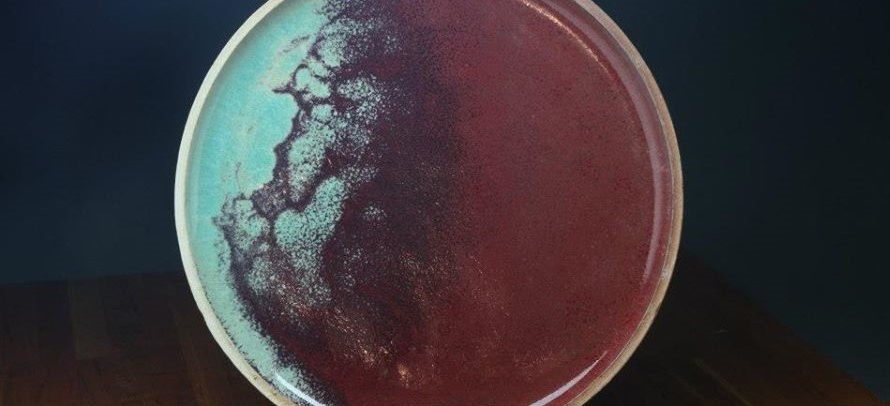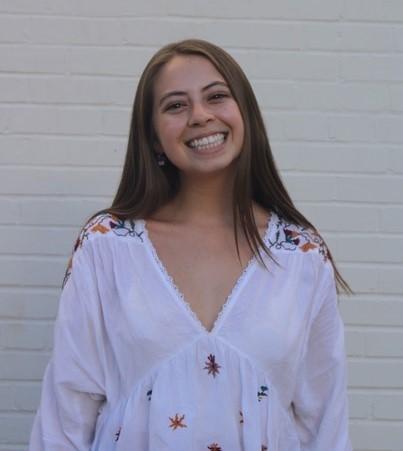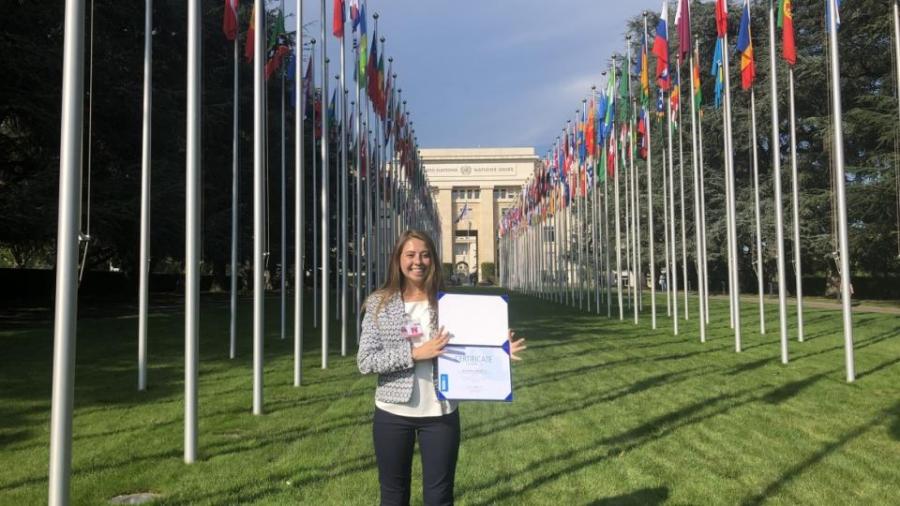WRL vignette I: Rhetorical inquiry as an anchor
Alyssa Orozco finds structure in research
Editors’ note: Alyssa’s story is one of two in this newsletter that explore undergraduate academic enrichment in English’s writing, rhetorics and literacies concentration during the coronavirus pandemic. You can read about Kaylee’s research here.
Not many undergraduate students can say they are co-authoring a chapter in a book, but Alyssa Orozco, in collaboration with ASU English Professor Elenore Long, is doing just this.
With a passion for rhetorical theory and inquiry, building connection across difference, and conducting research that is relevant to students’ lives, Orozco meets consistently with Long to continue research that she started as a sophomore in Long’s ENG 205 class. This introductory writing, rhetorics, and literacies (WRL) course ignited Orozco’s passion for rhetorical inquiry: “I was so enamored with the course work and how we applied it to our everyday lives. I loved the theory behind it and how deeply personal it felt as well as collaborative to do this type of work in an effort to better understand how we make sense of the world around us,” Orozco shared.
After taking the course, she switched her concentration from English literature to WRL. She is now double majoring in English (WRL) and global studies with a minor in Spanish and a certificate in human rights.
Orozco explained that that the duo's research is “posed around the question: ‘How do we create dialogue across difference?’” More specifically, Long and Orozco are conducting a series of interviews with former ENG 205 students to see what they’ve learned from their research and inquiry in the class—and how the research was (and is) relevant to their lives.
Orozco and her classmates teamed up, based on the inquiry questions that piqued their interest. For example, her group’s question/focus was: “As college students, it is important that we learn to develop a professional identity while enjoying the college experience that often doesn’t personify professionalism. When charting our lives’ next steps as college students how do we enjoy that experience we are living while also developing a balanced ego/professional identity?” Each student was to then take a critical incident from their life, reflect on it, and then pose inquiry for the entire class.
“I ended up creating a mock flyer titled ‘A Guide to Being the Amateur You’re Meant to be Right Now,’” Orozco explained. “It was meant to serve as an inclusive guide for college students from all walks of life to answer those pressing questions and hear from other college students about navigating this time in our lives.”
She also found beauty in the reflective process. Each student approached the starting question in a unique way: “What was so interesting about this question is that the two other students…had the same question but took it in drastically different directions. Which speaks to the relevance of this type of research, to investigate the places where we personally experience hardship, but others can offer solutions and that’s the beauty of rhetoric.”
I've heard these students' stories multiple times over and it humbles me to know that I get to have a role in sharing their stories for the sake of helping others realize theirs.
—Alyssa Orozco
In her research with Long, Orozco is both an interviewee and collaborator. As an interviewee, Orozco commented on how the process helped her personally: “I had the chance to look over my past work and realize that I had come so far in just a year and that I really do love conversation regarding rhetoric and inquiry.” In her role as collaborator, Orozco is assisting Long in the creation of interview questions, conducting interviews with Long (via Zoom once the pandemic hit), transcribing recordings, and creating a “progressive coding scheme to understand where it is that students have applied what they learned from this class to their everyday life. Currently, we are still constructing and adding to our coding scheme as we review each interview.”
Orozco credits the research opportunity—along with her weekly Zoom meetings with Long—with giving her a sense of structure throughout all of the uncertainty that the pandemic created. She has tasks to complete between meetings: “It keeps me driven and inspired by the transcripts I have to look over. I’ve heard these students’ stories multiple times over and it humbles me to know that I get to have a role in sharing their stories for the sake of helping others realize theirs.”
Currently a senior, Orozco plans to attend law school and has aspirations to become an environmental lawyer. About her WRL concentration, she says, “I credit this major for helping me realize the fact that inquiry is everywhere and how transformative composition and rhetorical theory is for creating social change.”
She sees this research opportunity and the study of rhetoric and inquiry as serving a larger purpose: “It is ever-evolving to the times we find ourselves in and it helped me re-establish that this major is designed for work such as this, so we can continue to evolve and build connections.”
The pandemic itself has taught Orozco patience “and that human beings are incredibly resilient and capable of such remarkable things. We get so caught up in our own lives that we tend to forget that we need one another or else nothing is really possible nor worth it for that matter.” She also stressed “the importance of wearing a mask" and "exercising our right to vote come November!”
Orozco has certainly shown resilience in her own commitment to this unique research opportunity. And she doesn’t take the opportunity that Long created for granted.
“I’m thrilled to be a co-author," she says, "that is something I had never imagined for myself but am delighted to say I get to be a part of.”
Image 1: Courtesy photo of Alyssa Orozco
Image 2: Orozco attended a human rights training program at the United Nations in Geneva, Switzerland during fall of 2019. Photo from an ASU Now story about her experience there.


